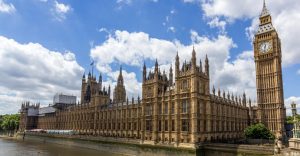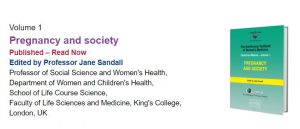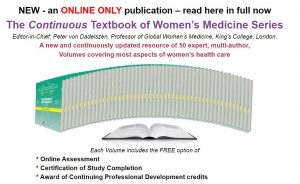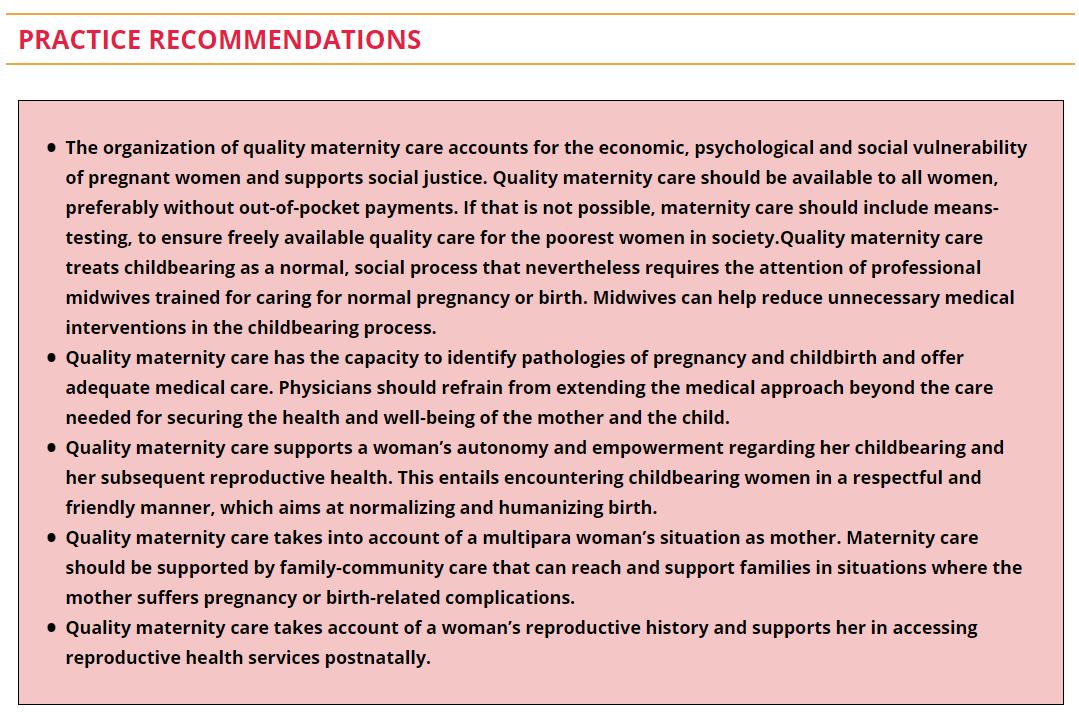The Think Tank Onward have published its latest research report, Getting to zero, which marks the launch of a major cross-party programme of research to understand the political and practical challenges to achieving net zero by 2050, and to develop policies to help people and places who may be disrupted in the transition.
You can read the full report here.
Summary below provided by Dods.
Getting to zero will be jointly chaired by Rt Hon Caroline Flint, who served as Shadow Energy and Climate Change Secretary for 4 years, and Dame Caroline Spelman, who was Environment Secretary for 2 years and negotiated the Sustainable Development Goals for the UK at Rio 2012. The wider steering group includes Melanie Onn, former Labour MP for Great Grimsby and Deputy CEO of Renewables UK, Ruth Edwards, MP for Rushcliffe, and Guy Newey, Energy Systems Catapult. A full list is included below.
The launch report for the programme, published today, argues that the UK has led the world in delivering net zero in recent years:
- The UK was the first major economy to legislate for Net Zero emissions by 2050, prompting China, Japan, France and South Korea to follow suit. With the USA expected to join the club in 2021, more than three fifths (62%) of global CO2 emissions, and three quarters (74%) of global GDP, will shortly be subject to legally binding net zero targets.
- The UK’s manufacturing, industrial, heat and electricity sectors have all decarbonised by around half since 1990, the highest rates in the G7. Over the same period, China and India have seen their manufacturing and industrial emissions grow by 370% and 280% respectively and China’s emissions from heat and electricity have risen 540%.
But as the UK goes further and faster to delivering net zero there will increasingly be geographic, political and economic trade offs that need to be better understood and mitigated. Looking at the distribution of jobs in industries that contribute more than 2% of UK carbon emissions, Onward finds:
- The UK’s least prosperous regions disproportionately rely on heavily emitting industries for jobs at present. The East Midlands has the highest proportion of jobs in high emitting industries (42%), closely followed by the West Midlands (41%), Yorkshire and the Humber (38%), and the North West (38%). In contrast, London and the South East have the lowest proportion of jobs in high emitting industries, with 23% and 34% respectively. In total, more than half (52%) of high emitting jobs are located in the North, Midlands (19%) and Scotland (9%).
- Politically, there is a strong correlation between the political battlegrounds of recent elections, and the areas with the most high emitting jobs. Of the top tenth of constituencies by high emitting jobs, 14% are in Scotland, 28% are in the North and 22% are in the Midlands, but just 5% are in London. In the reverse, over half (52%) of the lowest tenth of constituencies by high-emitting jobs are in London. Just 5% are in the Midlands.
- The seats that make up the so-called Red Wall in the North and the Midlands, which were targeted at the last election and which will form the key battleground at the next election, are likely to suffer the highest levels of disruption of any constituencies. 43% of workers in the Red Wall work in currently high-emitting industries, compared to an average of 37% for Conservative and Labour seats outside the Red Wall. Liberal Democrat seats have the lowest proportion of high emitting jobs – just 32% on average.
- The more rural a constituency is, the more its local economy relies on high emitting jobs. Nearly half (48%) of the top decile of constituencies by high emitting jobs are classified as rural or towns, while just a quarter (25%) are in cities. In contrast, more than half (54%) of the seats least reliant on high emitting jobs are in cities, 44% are in towns and only 2% are rural.
The research will spend the next nine months ahead of COP26 looking at three aspects of the net zero transition: how to decarbonise incumbent industries; how to retrain and upskill workers at risk of disruption; and how to create the regulatory and financial conditions for innovation. It will use statistical research, polling and focus groups and engage a wide range of Whitehall departments, industries and campaigners.
Ted Christie-Miller, author of the report:
“Net zero will require more than legal commitments. It demands a plan that is not only practical but which smooths the transition for those people and places whose livelihoods are based in the carbon economy, many of whom are in the Red Wall battlegrounds that decided the last election and may well decide the next.”
“The UK has an historic opportunity in advance of COP26 next year to develop lasting policies that can not only deliver net zero but which can carry the support of voters and companies through a titanic transformation of our economy and society. It must take it.”
Dame Caroline Spelman, Co-chair of the Getting to zero commission:
“Reducing carbon consumption to net zero is the socially responsible decision our generation has taken to help future generations; but we must make sure the impact of this does not aggravate existing inequalities in our country. This can only be done by enabling mitigation for those who will be hardest hit and taking advantage of the opportunities that are there to be grasped.”
Rt Hon Caroline Flint, Co-chair of the Getting to zero commission:
“The challenge of net zero is immense; the deadlines are rushing towards us. This requires faster decision making than we are used to in British politics, as we change our industries, our homes, how we get from place to place and the very energy we use. In cleaning up our act, no community should be left behind. They will all have to be part of the journey and share the benefits. I look forward to working with Dame Caroline Spelman and the wide range of contributors to the Getting to zero project.”
















 REF Code of Practice consultation is open!
REF Code of Practice consultation is open! BU Leads AI-Driven Work Package in EU Horizon SUSHEAS Project
BU Leads AI-Driven Work Package in EU Horizon SUSHEAS Project Evidence Synthesis Centre open at Kathmandu University
Evidence Synthesis Centre open at Kathmandu University Expand Your Impact: Collaboration and Networking Workshops for Researchers
Expand Your Impact: Collaboration and Networking Workshops for Researchers ECR Funding Open Call: Research Culture & Community Grant – Apply now
ECR Funding Open Call: Research Culture & Community Grant – Apply now ECR Funding Open Call: Research Culture & Community Grant – Application Deadline Friday 12 December
ECR Funding Open Call: Research Culture & Community Grant – Application Deadline Friday 12 December MSCA Postdoctoral Fellowships 2025 Call
MSCA Postdoctoral Fellowships 2025 Call ERC Advanced Grant 2025 Webinar
ERC Advanced Grant 2025 Webinar Update on UKRO services
Update on UKRO services European research project exploring use of ‘virtual twins’ to better manage metabolic associated fatty liver disease
European research project exploring use of ‘virtual twins’ to better manage metabolic associated fatty liver disease